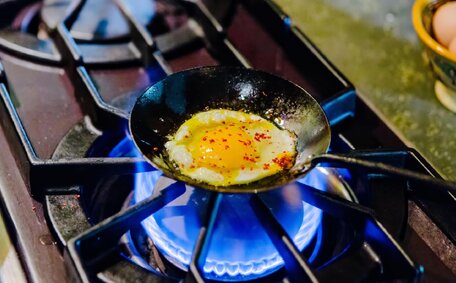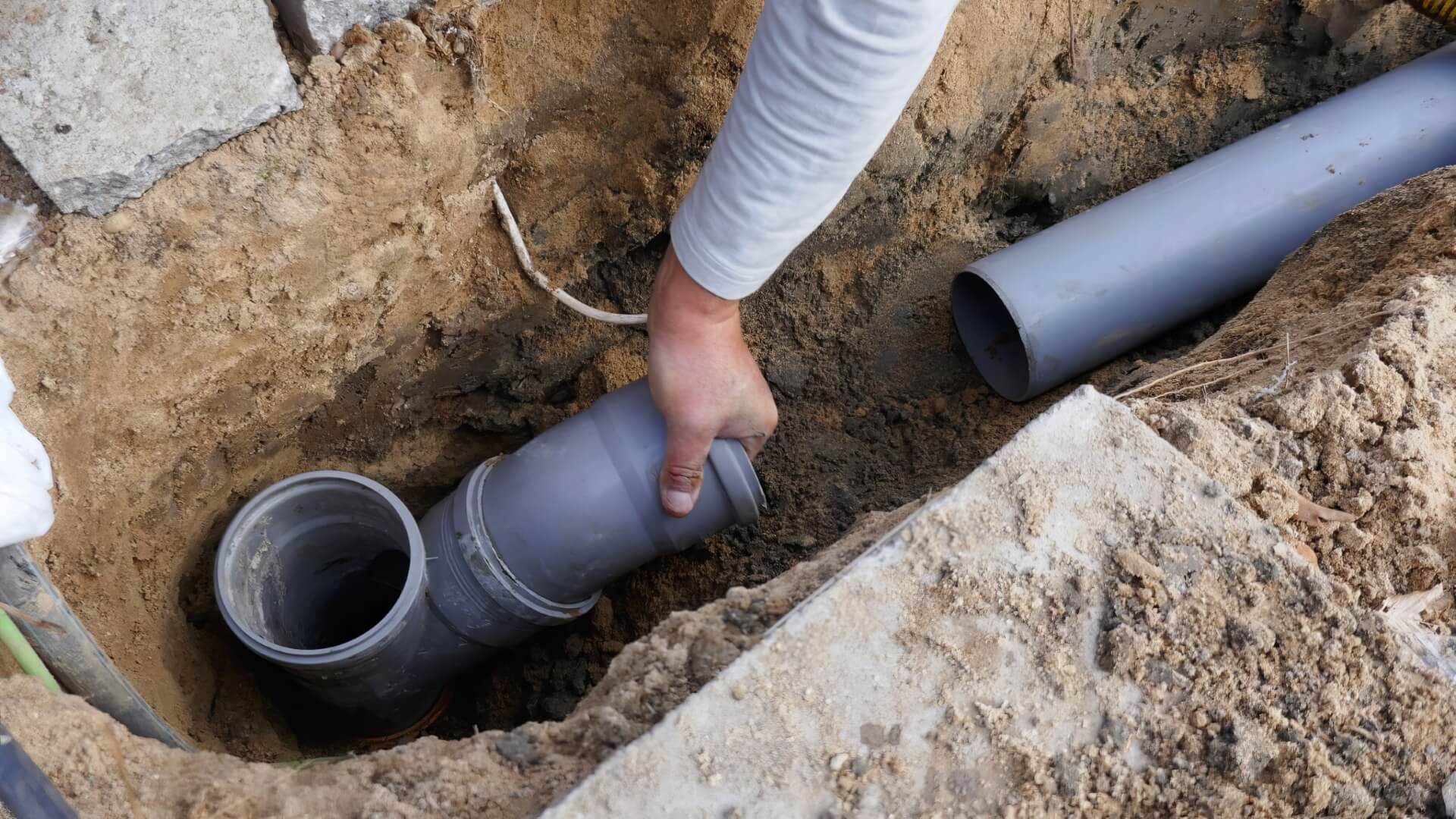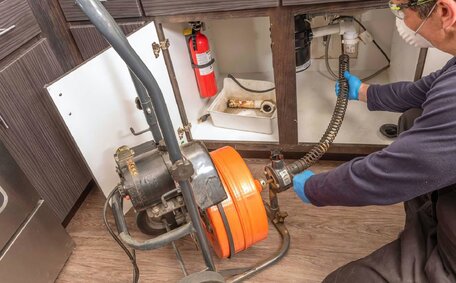Introduction to Gas Fitting for Kitchen Renovations
Upgrading your kitchen often means upgrading all your appliances, and many households opt for efficient and cost-effective gas appliances like cooktops, ovens, and hot water systems. Integrating new gas fittings into your kitchen renovation requires the skills of certified gas fitters to ensure appliances are correctly installed, connected and operate efficiently.
Gas fitters are specially trained and licensed in working with the complex gas systems hidden behind walls to supply appliances. Unlike general plumbers, gas fitters hold specialised certifications enabling them to accurately size gas lines, extend gas pipes, install safety devices, and conduct leak detection tests.
This article details the reasons for engaging a professional licenced gas fitter in your kitchen renovation. We will explore the complexities of gas fitting, safety aspects, and guidance on choosing the ideal expert for installing your new gas appliances.
The Benefits of Using Gas Appliances in Your Kitchen
Gas appliances offer significant benefits for kitchens during renovations and everyday use:
- Instant heat control when cooking. Gas burners and ovens heat up immediately, allowing more precise temperature adjustments.
- Gas appliances are also known for their powerful performance, with their highly pressurised flames providing intense heat for quicker boiling and frying.
- More economical. Generally, natural gas costs less than electricity per unit, resulting in long-term cost savings.
- Environmentally friendlier. Efficiently used, natural gas releases fewer greenhouse gases compared to other fossil fuels.
- On-demand hot water systems. Gas-powered water heaters supply hot water as needed, eliminating the need to maintain a constantly heated tank.
- Resilient during outages, as the gas line connection remains intact. Gas appliances work during blackouts if the gas lines are unaffected.
Beyond performance advantages, seamlessly integrating the gas supply and extending gas lines to appliances requires hiring a qualified licenced gas fitter. They ensure correct gas fitting procedures are followed for gas safety.
Hiring a Licensed Gas Fitter
Only qualified professionals can legally undertake the specialised work of gas fitting for appliances and systems. Unlike general plumbers focused on water pipes, licenced gas fitters undertake extensive training and assessment to be authorised for working with gas.
Regulatory compliance stipulates that all businesses and individuals performing gas fitting work in exchange for payment must be licensed. As a specialist trade, key differences for gas fitters include:
- Completing a four-year apprenticeship to earn a Certificate III in gas fitting.
- Ongoing skill development and assessments are necessary to retain their licence.
- They are authorised to install, repair, test, certify, and commission gas infrastructure.
- Documentation showing their licence status and credentials.
Given the severe safety risks associated with incorrect installation or maintenance, it is essential for homeowners to only employ qualified gas plumbing experts. Licenced gas fitters from reputable businesses will:
- Accurately size and install gas lines to sustain appliance demand.
- Connect appliances with a secure gas connection to gas outlets with quality fittings.
- Carry out thorough leak testing to identify any defective fittings.
- Issue conformance certificates verifying safety compliance.
Engaging qualified professionals for gas system installation or modification not only fulfills legal mandates but also guarantees peace of mind.
Typical Gas Fitting Tasks During Kitchen Renovations
Throughout a kitchen renovation, a licenced gas fitter performs various essential tasks pertinent to the installation and adjustment of gas systems.
Typical gas fitting jobs include:
- Advising on optimal placement and types of gas-based appliances according to kitchen designs.
- Determining and fitting suitable gas pipe connections behind new fixtures.
- Extending the home’s gas lines to the updated appliance locations if needed.
- Checking and calibrating old appliances to be reused after the renovation.
- Performing safety testing on the gas system to detect any potential gas leak in your system.
- Installing and connecting new gas appliances like cooktops and ovens.
- Certifying all gas appliances and providing compliance certificates.
A home renovation is an opportune time to enhance older gas components, boosting both safety and efficiency. On top of typical appliance changes, your expert gas fitter may recommend:
- Replacing old valves, regulators, pipes, or fittings.
- Improving ventilation to avoid gas leaks and gas build up.
- Installing purge and safety systems to monitor gas leaks.
- Augmenting safety controls like automatic shut-off valves.
You can rely on your gasfitter, thanks to their extensive training and licencing, to manage all gas integration tasks with the highest standards of safety and efficiency.
Conclusion
Enhancing the gas systems is vital for optimal performance, energy efficiency, and safety in your kitchen renovation. Engaging a licenced gas fitter guarantees that gas appliances, lines, and fittings are aptly installed and connected, upholding strict industry guidelines.
As discussed, gas provides several household benefits including accurate cooking control and cost-effective, cleaner energy. However, achieving these benefits depends on expert integration throughout the renovation process, circumventing risks associated with DIY errors.
With their extensive qualifications and experience, your trusted local gas fitter can reliably advise on optimal configurations, execute all specialist gas tasks, and provide ongoing maintenance. Partnering with the appropriate licenced professional ensures your newly renovated kitchen benefits from a secure and efficient gas supply.
Contact our specialists at Drummoyne Plumbing for advice on upgrading gas systems in your upcoming kitchen renovation. Our fully licenced and insured specialists are prepared to deliver customised, compliant gas solutions for your home.






